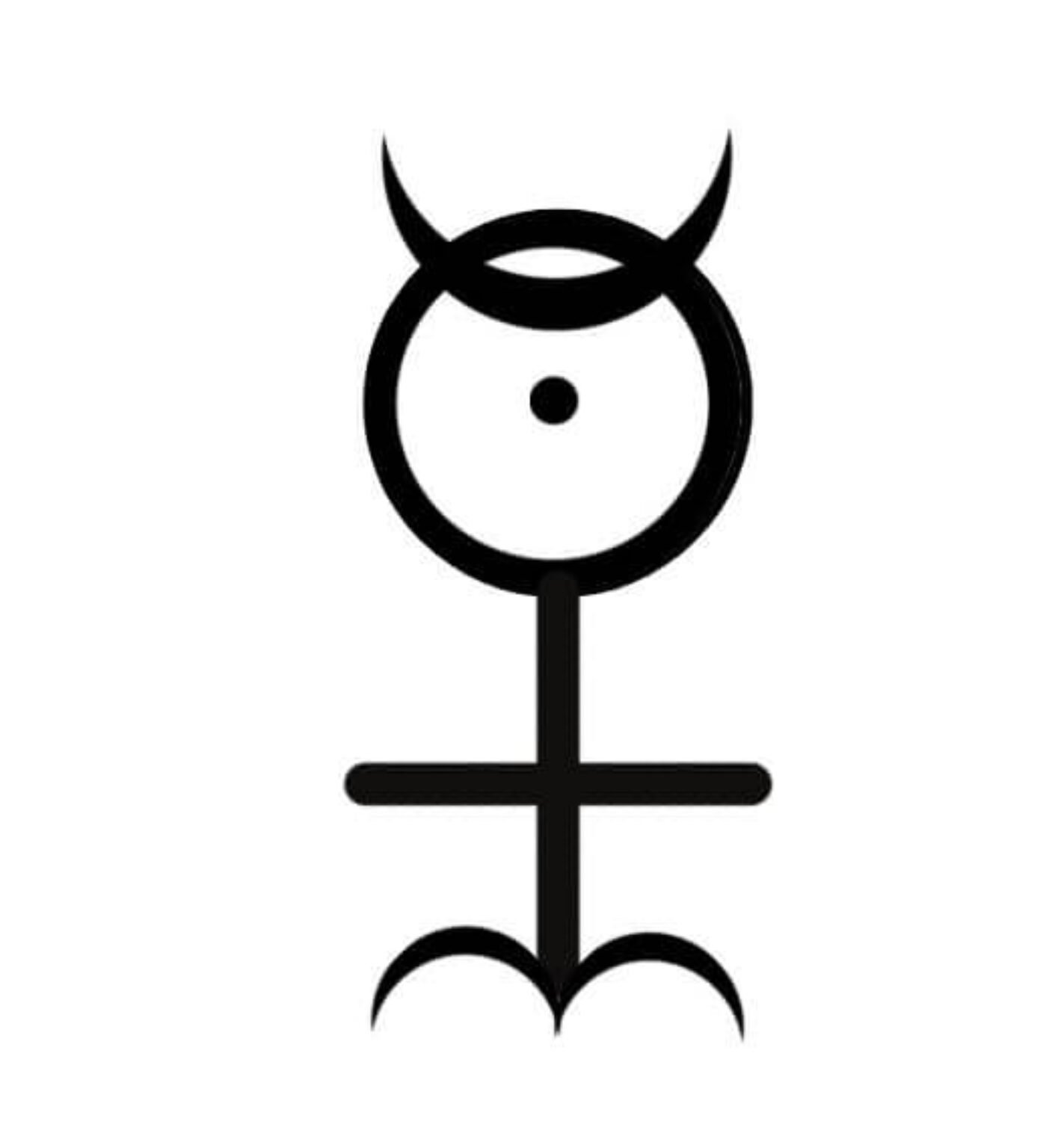As we navigate the complexities of our modern world, it becomes increasingly evident that our actions are driving significant environmental changes. Our collective impact is warming the Earth to a point where recovery may no longer be feasible within our lifetimes. This warming not only threatens our survival but could also drastically alter the planet’s ability to support life in the future.
Consider this: when you encounter an insect—a wasp, a bee, or a fly—do you view it merely as a nuisance, something easily discarded without a second thought? Now, imagine a colossal being, viewing your child as nothing more than a tiny insect, deciding to crush them without remorse. How would you feel? This thought experiment underscores a crucial truth: every living entity, regardless of its size or cognitive complexity, deserves respect and consideration.
Insects, plants, and all forms of life that we often overlook are integral parts of our world. They, too, seek to thrive and flourish, just as we do. Their existence may not mirror our own in terms of awareness or understanding, but this does not diminish their intrinsic value. As we approach a critical juncture, where our ability to effect positive change is slipping away, we must ask ourselves if we are content with the potential destruction of these life forms and, ultimately, ourselves.
We stand at a decisive moment where our choices will determine the future of our planet. The responsibility to foster a harmonious and sustainable coexistence falls upon us. To preserve the delicate balance of life, we must embrace a mindset of empathy and stewardship, ensuring that all forms of life are valued and protected. This is not merely a call to action; it is a profound reflection on our role within the greater tapestry of existence. Are we prepared to rise to this challenge and secure a future where all life can flourish?

